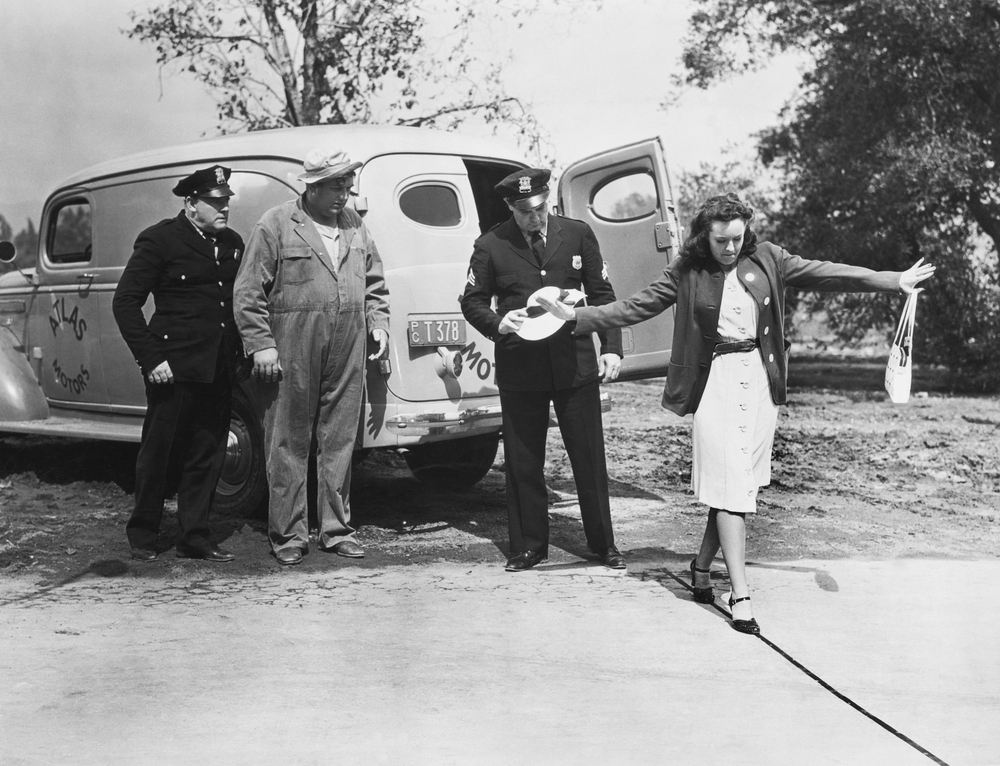I’ve handled hundreds of DUI cases and tried many. These lawyer experiences shaped my DUI paradigm from a practical standpoint – I now have a consistent opinion (other lawyers may disagree) on what a person should do and/or say, if anything, when pulled over for DUI.
Phase One – The Point of Contact
Here, you are pulled over; the police officer approaches your driver side window and asks you inculpatory questions. The officer will try and lock down a drinking (or use if drug suspicion) pattern (e.g., how much have you had to drink or use, when, and where etc). Although our Miranda rights are generally not ripe at this point (Berkemer v. McCarty, 468 U.S. 420 (1984)), we don’t have to offer up any information. In short, please be kind and respectful to the police officer and say something like this, “Sir, I understand you are doing your job, and I very much appreciate your efforts to keep our roads safe. Respectfully, Sir, I would prefer not to answer any of these questions. I am more than happy to assist you with other parts of your investigation.” Of couse, we are not more than happy to assist and we will not, but we must be cognizant of the underlying psychology here with a hungry DUI officer.
Phase Two – The Field Sobreity Excercises (FSTs)
After the officer tries to lock down a drinking pattern, he or she will direct you to perform a series of field sobriety excercises and blow into a small breath test machine called a “PAS” or “PBT” (preliminary alcohol screening or preliminary breath test). Vehicle code section 23612(h) and (i) give us the right to refuse the FSTs and PAS (unless on probation or under 21); the investigating officer is supposed to advise us of this right and they routinely do not. Therefore, when the police officer makes it seem as if you have no choice but to do these tests, please respond with something like, “Sir,respectfully, I appreciate your diligence in this investigation, but kindly, Sir, I’m going to choose not to do the FSTs and PAS. Thank you.” After this, the officer may arrest you and take you down to the station.
Phase Three – The Station House or Hospital (Breath or Blood?)
At the station, a police officer will offer you a choice to give another or different breath test and/or a blood test. The station house (or hospital) tests are mandatory in the sense that we suffer administrative penalties if we refuse them; I don’t think it is wise to refuse, especially if you know you haven’t had much to drink. So, do we take breath or blood then? I think that if we are unsure about our blood alcohol content, then choose breath. If you know without a doubt that you will be under the limit, take the blood test. See, the breath test is generally not as accurate as the blood test for a number of reasons. The law proscribes “blood” alchol content at or above .08, not “breath” alcohol content – the breath test uses a standard ratio to convert the breath alcohol reading into an equivalent and corresponding pulmonary blood concentration. This ratio is known as the “breath to blood partition ratio”. The problem with this conversion is that every human being has different breath to blood ratios at any given point in time; thus, the standard ratio may not be the same ratio we would actually have in effect at the time of the breath test. Consequently, the breath result is often times an overstated blood result. The blood test by contrast, analyzes our blood alcohol content directly. Direct (as opposed to indirect ) analysis does not use a conversion ratio, so the result should be on point more often than breath. At the end of the day, the police officer should have zero drinking (or use) pattern evidence, zero FSTs snd zero PBTs.


